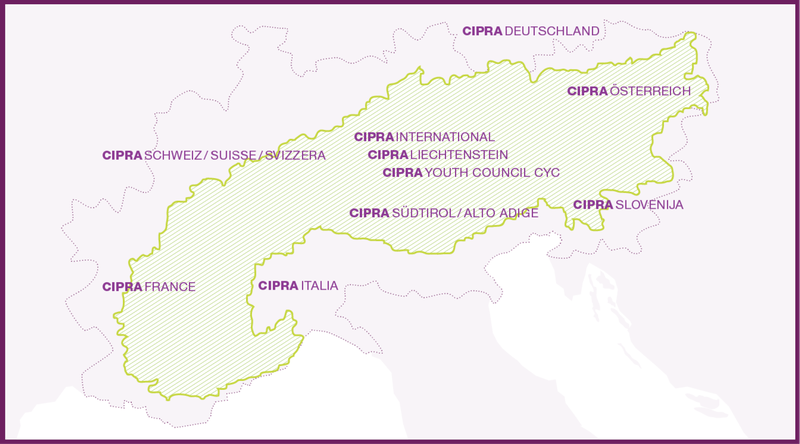Laura Haberfellner, CIPRA International Lab
Innovation to counter emigration
Emigration and the brain drain in the Alpine region: a new EU project involving CIPRA aims to counteract this trend. It is testing innovative governance models to strengthen mountain regions and create a win-win situation for regions of origin, destinations and young emigrants.
Who is CIPRA?
Find out more!
More articles
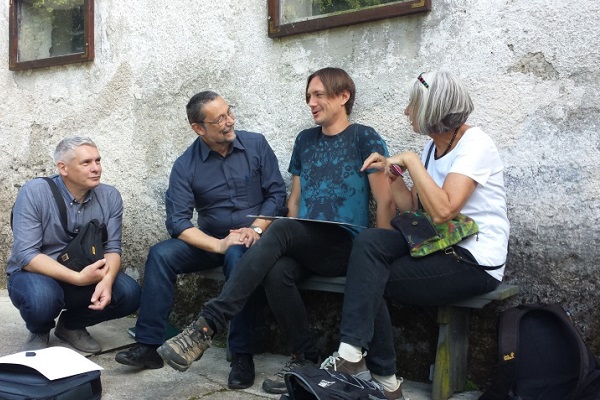
alpMedia
Creative use of vacancies
In order to revive vacant areas and buildings, four Alpine towns have joined forces in the "Tour des Villes" project. Mutual and cross-border exchange of knowledge and ideas were in the foreground during the duration of the project.
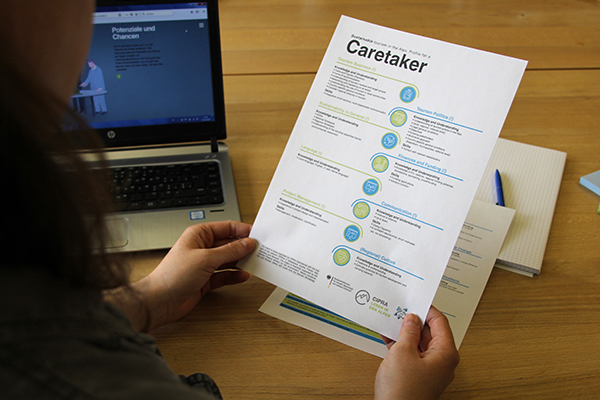
alpMedia
Networking sustainable tourism
At the suggestion of CIPRA, international specialists from every Alpine country have developed a job profile aimed at networking sustainable tourism approaches.
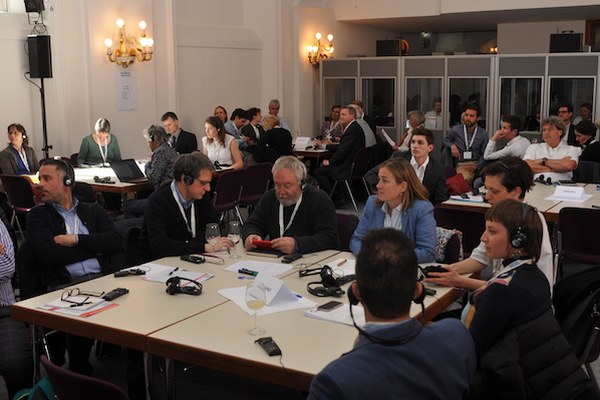
alpMedia
The future of the Alps begins now
What will the Alps of tomorrow look like? This question and political demands for the XV Alpine Conference lay at the heart of the “AlpWeek Intermezzo” held at the beginning of April in Innsbruck, Austria.
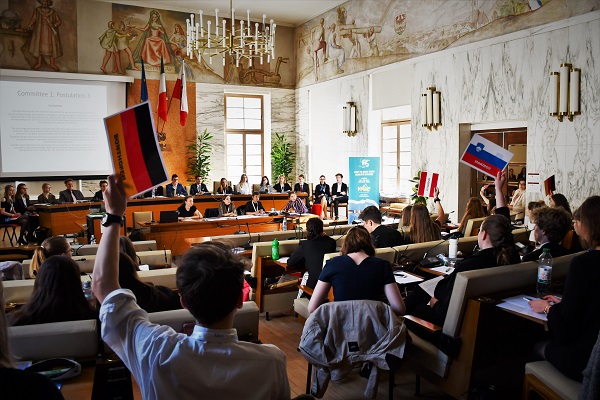
alpMedia
Youth are making climate policy
The theme of this year’s “Youth Parliament to the Alpine Convention” was highly topical: how to cope with climate change. A declaration of intent confirmed the long-standing partnership between the organising schools and CIPRA International.
Events
|
FutureForum Alps 2025 | SAL - Saal am Lindaplatz, Landstrasse 19, 9494 Schaan, Liechtenstein |
Projects
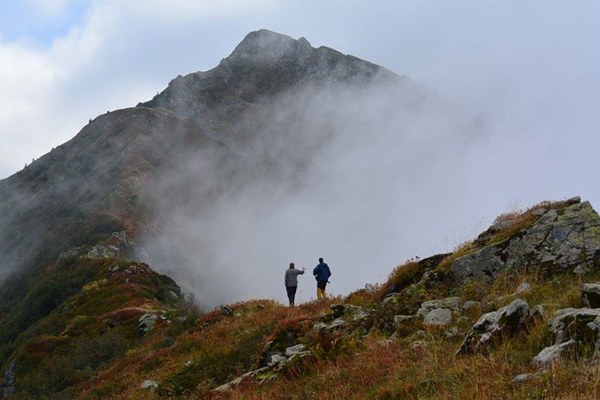
CIPRA International
Worthwild
[Project completed] Only minimally impacted by human intervention, areas with limited infrastructural development in the Alps provide European societies with a wide range of ecosystem services, such as the conservation of biodiversity and climate regulation.
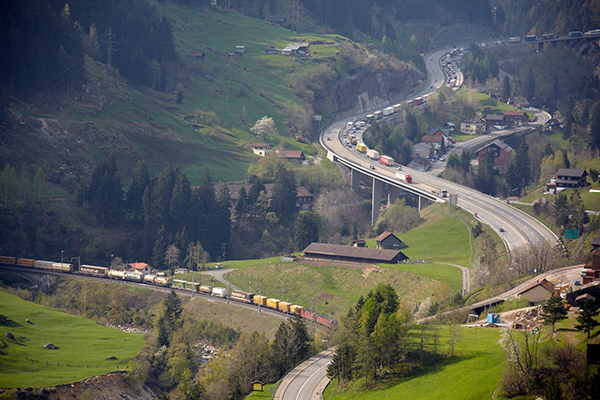
CIPRA International
AlpInnoCT
[Project completed] The Alps are a sensitive ecosystem that has to be protected from pollutant emissions and climate change. The alpine road freight transport has enormous ecological and sociocultural effects on the alpine habitat. Most actors such as forwarders, port operators, administrations and consumers, are aware of these negative effects and they are working on their own technical or regulatory solutions. However, a constructive and participatory dialogue between all involved actors, in order to promote sustainable freight transport within the Alps, has not been established so far.
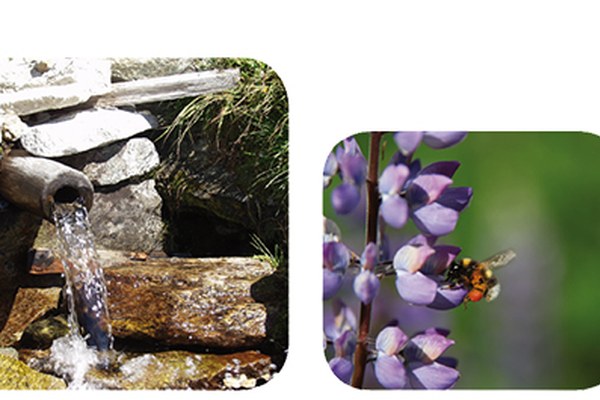
CIPRA International
AlpES
[Project completed] Ecosystems and their services go beyond national borders and need a transnational approach for their dynamic protection, sustainable use, management and risk prevention. As a basis for joint action, public authorities, policy makers, NGOs, researchers and economic actors – the AlpES target groups – need a common understanding of ecosystem services, comparable information on their status and support in using appropriate tools for integrating them in their fields of work.

